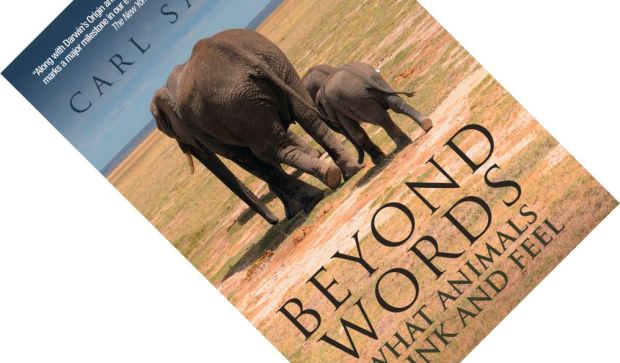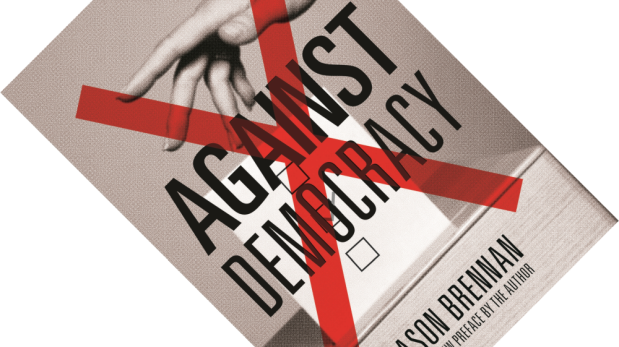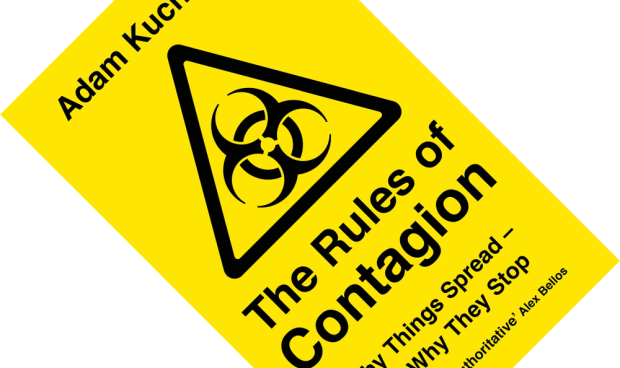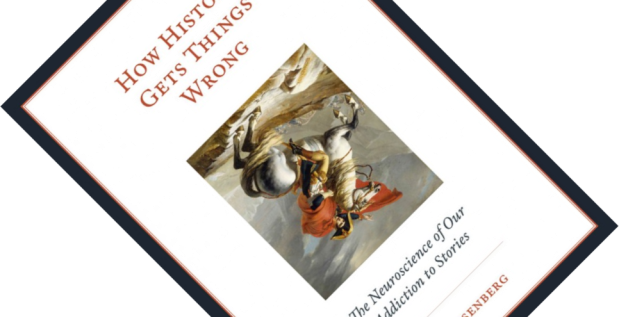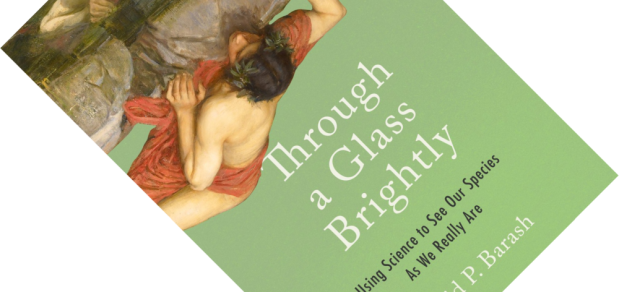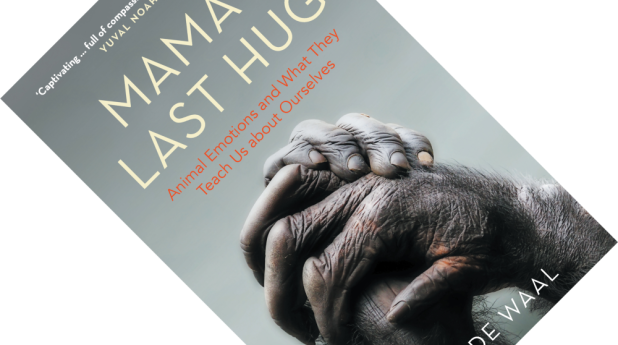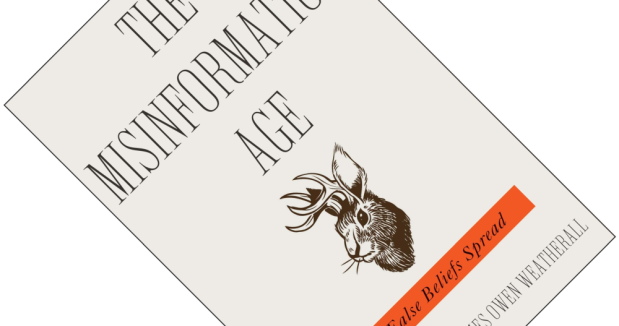7-minute read
Recognising that animals are intelligent beings with inner lives, emotions—even personalities—has a troubled place in the history of ethology, the study of animal behaviour. For most pet owners, these things will seem self-evident, but ethologists have long been hostile to the idea of anthropomorphising animals by attributing human characteristics to them. The tide is turning, though, and on the back of decades-long careers, scientists such as Frans de Waal, Marc Bekoff, and Carl Safina have become well-known public voices breaking down this outdated taboo. In preparation of reviewing Safina’s new book Becoming Wild, I decided I should first read his bestseller Beyond Words. I have to issue an apology here: courtesy of the publisher Henry Holt I have had a review copy of this book for several years that gathered dust until now. And that was entirely my loss, as Beyond Words turned out to be a beautiful, moving book.

